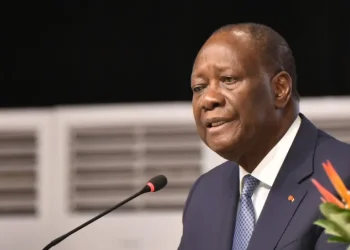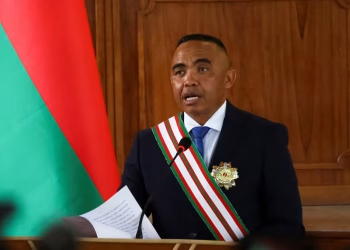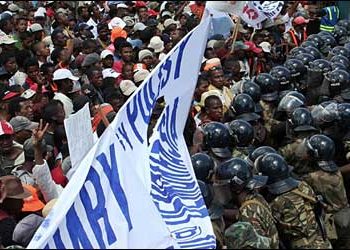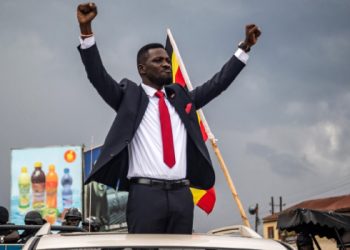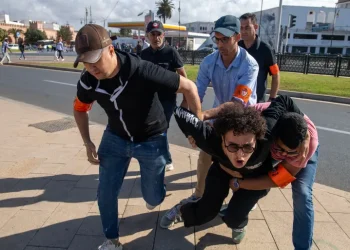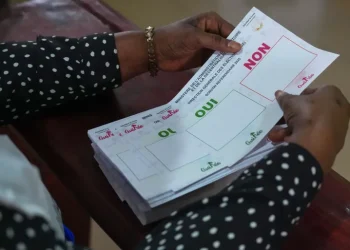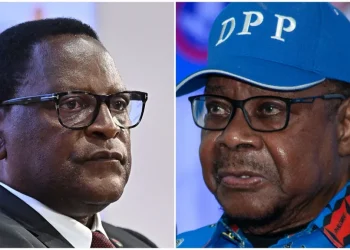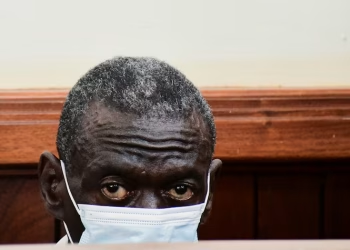New Visa Policy to Take Effect in October
Beginning October 1, 2025, the United States will introduce a mandatory $250 “visa integrity fee” for most nonimmigrant visa applicants. This includes:
- B1/B2 tourist and business visas
- F-1 student visas
- H-1B and other temporary work permits
- J exchange visitor visas
The new fee is in addition to existing visa application costs, pushing the price of a standard US visitor visa application to well over $500. For many applicants from African countries, this increase is significant—especially in economies where average monthly incomes fall well below that threshold.
A Disproportionate Burden on African Travelers
While the policy applies globally, the impact is far more severe in Africa, where travelers are already excluded from the US Visa Waiver Program. African students, businesspeople, and tourists must undergo full visa interviews and pay application fees—without the benefit of streamlined processing or fee waivers available to citizens of high-income nations.
For example, a Nigerian student applying for a U.S. F-1 visa will now pay:
- $185 (standard visa application fee)
- $350 (SEVIS I-901 fee)
- $250 (new visa integrity fee)
Total: $785 before additional costs like courier charges, travel to interview centers, and biometric fees.
The Fine Print: A Refund—With Strings Attached
Supporters of the policy argue that the fee is refundable, but only under specific conditions:
- The applicant must exit the U.S. before their visa expires
- They must not violate the terms of their visa, such as by overstaying or unauthorized employment
- They must request the refund, possibly through a future online system
Critics argue that this reimbursement clause is vague and not well explained. The lack of clarity on timelines, procedures, and enforcement raises concerns about whether most applicants will ever see their money returned.
Impacts on Education, Tourism, and Diplomacy
African students make up a growing portion of international students in the U.S., contributing billions of dollars to the American economy each year. The visa integrity fee adds yet another financial barrier to accessing U.S. education.
Similarly, African entrepreneurs and artists who attend conferences, festivals, and business summits in the U.S. may find the new fee prohibitive, limiting cultural and economic exchange. The move is also seen as counterproductive to U.S. soft power diplomacy across the continent.
Backlash from African Governments and Civil Society
A number of African leaders and civil society organizations have spoken out against the move. Critics argue the new policy reinforces systemic inequalities in global mobility and could further strain diplomatic relations between the U.S. and African countries.
They also point out that the U.S. government has made public commitments to strengthening ties with Africa, particularly under the U.S.-Africa Leaders Summit. Yet policies like this visa fee create the opposite effect, discouraging engagement and frustrating visa applicants.
Global Events at Risk
The timing of the policy may also impact African participation in upcoming major international events, including:
- 2026 FIFA World Cup (co-hosted by the U.S.)
- 2028 Los Angeles Summer Olympics
Increased visa costs could reduce attendance, especially from lower-income African nations, at a time when global unity is needed more than ever.
An Unwelcoming Signal
The new visa integrity fee sends a message that may be interpreted by many Africans as unwelcoming and exclusionary. While immigration control is a sovereign right, experts say such measures should be balanced with fairness and accessibility, especially for developing nations seeking stronger global tie
Other News:
Spirit of Kansas: Inside the $1.4 Billion B-2 Bomber Crash in Guam
Iran Nuclear Strike: Midnight Attack Reshapes Gulf

